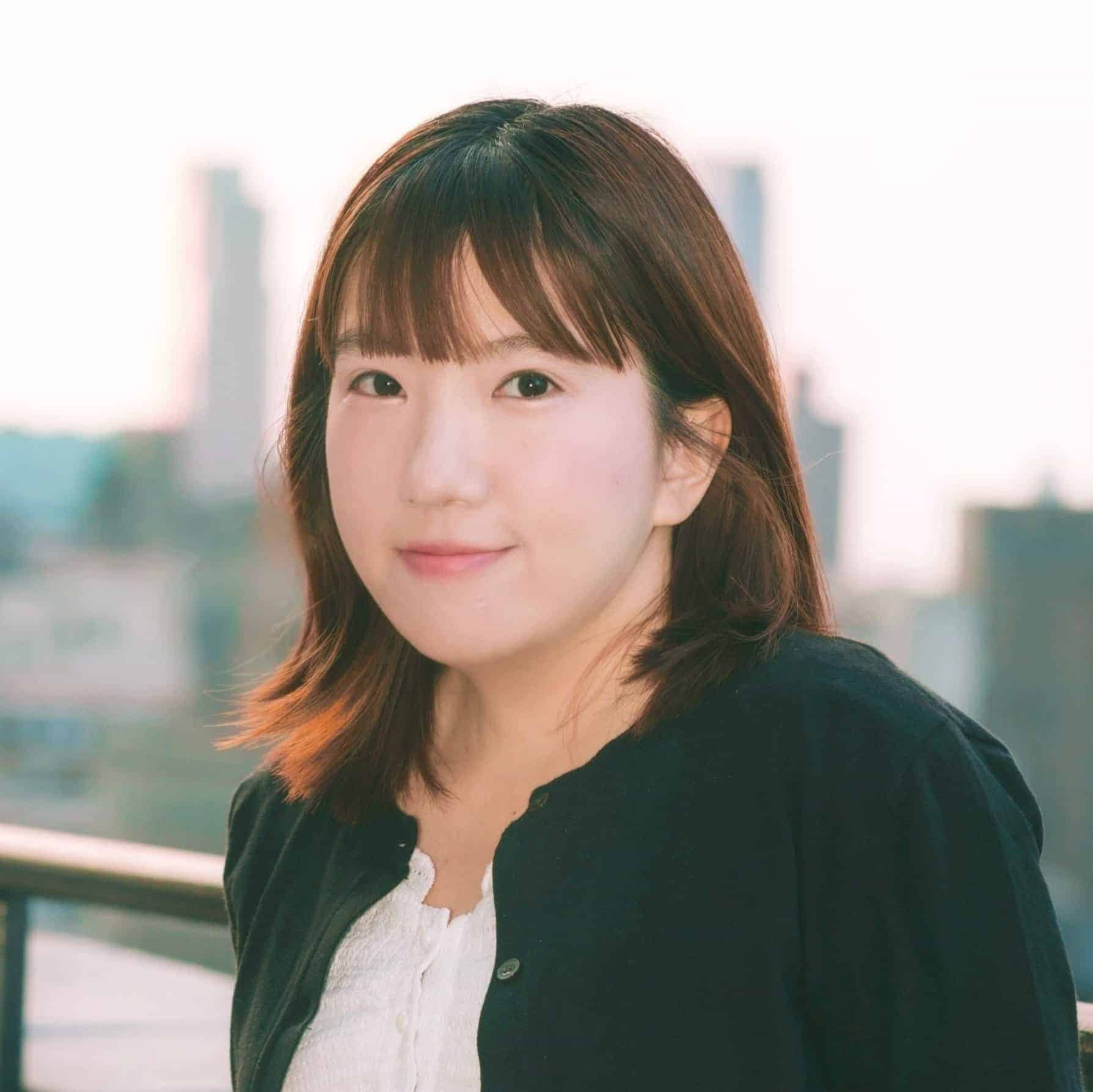How I Spent My First Summer Break as a PhD student in Social Work
I decided to write this since I have been asked this question by so many students—and my rule is I write the post when asked the same question more than five times! I am not sure if it was “the best use of the time,” but I am just sharing my personal story. As an international student starting my doctoral journey in the United States, I decided to make the most of my first summer break by learning about American society, culture, and the issues that shape it. Whether being related or not related to my field of study, I believed that gaining a deeper understanding of the US society would be needed for my future research and teaching if I plan to study social issues in the US context.
I primarily used Notion, a note-taking and organization tool. I recommend choosing one tool that works best for you during your doctoral program, whether it’s Notion, Google Sheets, Obsidian, or another platform. The life of a researcher is sometimes similar to that of a freelancer, and having the ability to create and maintain databases can be helpful in organizing various aspects of your work and life. Notion, in particular, offers free Pro level accounts to users with educational email addresses.
1. Read social science books about the US society

First and foremost, I decided to focus on several themes and read various non-fiction books written by social scientists and investigative reporters and memoirs. I was particularly interested in understanding unique situations that cannot be parallelly understood in Korean society, such as mass incarceration, the civil rights movement, democratic socialism, the lives of the working class in the Rust Belt, feminism, and more. I especially enjoyed reading books that provided geographically and spatially bounded analyses of American society, such as Angus Deaton’s “Deaths of Despair” and Robert Putnam’s “The Upswing,” which offer macro-level analyses of American society. As a first-year doctoral student, I didn’t want to study too intensely during the summer break, and reading books felt like a comfortable middle ground between studying and leisure.
I found so much enjoyment in doing this that I have organized a monthly book club with other Korean PhD students in the US 🙂 We read one book each month and discuss our thoughts and insights. You might also find it helpful to create a similar group with friends, which can provide accountability and even inspire new research ideas.
In addition to reading books, watching documentaries greatly helped me understand the history, social issues, and social movements within the context of American culture. I compiled a list of recommended documentaries on the African American civil rights movement and the women’s rights movement, and I plan to create more lists in the future!
2. Create my own summary notes of the theories used in my areas of interest
In addition to reading, I created my own summary notes of the theories used in my fields of interest. Although I conduct empirical research, it is always crucial and beneficial to position my research within a theoretical context. To achieve this, I read papers from various disciplines, such as psychology, sociology, and political science, and summarized the theories commonly used in my research areas. Summer break is an excellent time to learn and digest theoretical books and papers, which often require more time to understand in-depth. After reading theoretical articles or books, I also summarized a few good papers that applied and empirically tested these theories. The outline of my notes included the following sections:
A. Theory Article – the original paper introducing the theory
B. Summary
C. Application Article(s)
D. My thoughts

3. Create issue notes on current issues
As someone studying social work, an applied social science, I believe it is essential to have a good understanding of the current issues in the United States, especially the issues surrounding the social work workforce. I started collecting news articles related to my keywords of interests using Google News (the Google News app allows you to set alerts on specific keywords). I thoroughly read a set number of news articles each week, summarizing key points such as terminology, policies, argument, or controversy. While organizing this information, I also jotted down research ideas that came to mind and rated each article on a scale of 1 to 5 based on the inspiration it provided me. This process was incredibly helpful and even influenced the development of my doctoral dissertation ideas. I used Notion and the Chrome extension “Save to Notion” to collect and organize these articles.

4. Spend a lot of time with family and friends

Lastly, I made sure to spend quality time with my family and friends back in South Korea. I didn’t participate in any research projects during my first-year summer break; instead, I focused on studying what I couldn’t during the semester, reading books I’d been wanting to read, and learning about the world. The rest of my time was devoted to recharging and creating lasting memories with loved ones. As a doctoral student, responsibilities and workload increase with each passing year, and there may be times when visiting home isn’t possible. So, if the opportunity arises, make the most of your first-year summer break by traveling, relaxing, and recharging with family and friends.
Please remember, you’ve worked hard adapting to a new country and a challenging doctoral program, and you deserve a break. Inspiration for research can come from “filling” yourself with knowledge, but it can also arise from exploring seemingly unrelated topics during periods of “emptiness.” You never know where you might find your next great idea—it could be in a random book you read or a paper from an entirely different field. The summer break is the perfect time to indulge in these deviations. Embrace it, and enjoy your well-deserved break!
